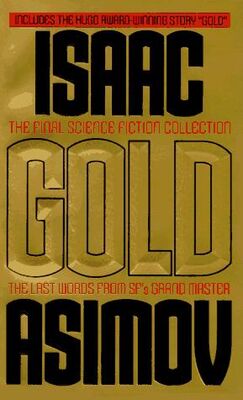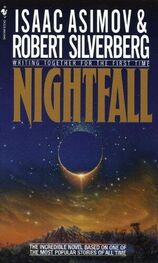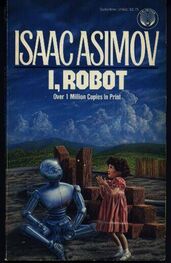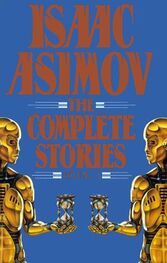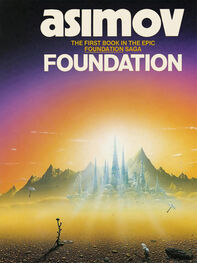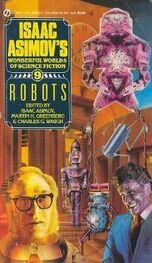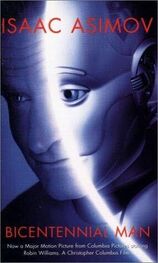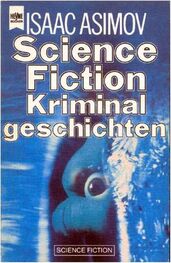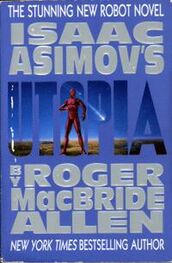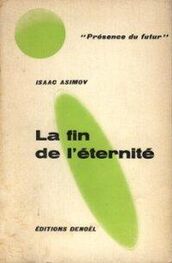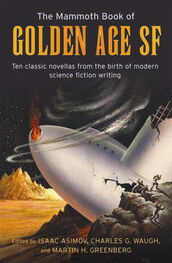To begin with, the story, taken simply as a story, is undoubtedly unpleasant in spots. I winced several times when I read it, and I tell you, right now, that I wouldn’t, and couldn’t, write such a story. But I’m not the be-all and the end-all. The story, however difficult to stomach some of its passages may be, was skillfully and powerfully written. Even some of those who objected had to admit that.
And it was indeed a fantasy. Aikin made it clear toward the end that the statues were not pushed about, and that their apparent movement was not a delusion. They were on the side of the heroine and were cooperating with her, trying to rescue her from her unhappy life.
But that is only the surface. A little deeper and we see that it is a case of the old gods trying to save the young woman from the new. It is a rebellion against the rigid Pharisaic morality of some aspects of the Judeo-Christian tradition and a harking back to the greater freedom of some aspects of paganism.
The story is in the spirit of that powerful line of A. C. Swinburne in his “Hymn to Proserpine”: “Thou has conquered, O pale Galilean; the world has grown gray from thy breath.”
Looked at this way, the story is not anti-Christian (surely the “Christian“ characters in the story are not all there is to Christianity), but is against hypocrisy-in-the-name-of-religion, which I imagine no one favors, least of all Christians. The great French dramatist Moliere took up his cudgels against that same foe in his masterpiece Tartuffe and you can’t imagine the trouble he got into as a result.
But if you go deeper still, you will find the story is one more expression of the longing for the old.
In this story it is expressed by contrasting the frowning new god with the kindly old ones. In The Lord ofthe Rings it is expressed by contrasting the evil technology of the Dark Lord, Sauron, with the pastoral life of the simple hobbits. (Of course, it is much safer to make of the enemy a Devil-figure than a God-figure, so Tolkien got into no trouble at all.)
You can see the value of symbolism when you compare either of these with Jack Finney’s famous “The Third Level,” where he demonstrates his longing for the old by a straightforward contrast between 1950 and 1880. It leaves nothing to discover and, in my opinion, therefore, is a weak story.
But “Statues”-like it or not-is a strong story that makes an important point with great skill.
There is a general myth among laymen that, somehow, the chief function of a science fiction writer is to make predictions that eventually come true.
Thus, I am frequently asked, “How does it feel to see all the predictions you have made coming true?”
To which I can only reply, “It feels great-in those very few cases in which something I have said actually came to pass.”
At other times, I am asked with utter confidence, “Can you give us a few of your predictions that have come true?”
I would love to be able to say, “Well, to name just a few: airplanes, radios, television, skyscrapers, and, in my early days, the wheel and fire.”
But I can’t bring myself to do that. The interviewers might actually print it, and they might try to give me a medal for predicting fire.
However, I came across a prediction I made once that I didn’t know I had made-that actually I didn’t know was a prediction. Nor did I discover it myself. Someone pointed it out to me.
In order to explain this, I’ll have to take the long way round. Please bear with me.
Back in 1952, I began to write a novel called The Caves of Steel. It was finished in 1953, was published in the October, November, and December 1953, issues of Galaxy as a three-part serial, and was published in book form by Doubleday in 1954.
It was a science fiction murder mystery that introduced my characters Elijah Baley and R. Daneel
Olivaw, whom some of you may have come across in your reading. Toward the end of The Caves of Steel, I needed a second murder for the sake of the plot, and that bothered me, for I don’t like murders and I rarely have them in my mysteries. When I do, there is only one and it is committed offstage, usually before the story begins. (I’m funny that way.)
The first murder in The Caves of Steel had been offstage before the story began, and the second murder would be offstage, also, but I didn’t want to kill a human being, so, instead, I killed a rather simple robot. But, again, I didn’t want to kill him brutally by smashing in his cranium or throwing him into a vat of melted lead. I preferred something more science fictional.
So here is a character in the story, a Dr. Gerrigel, describing the dead robot:
“‘In the robot’s partly clenched right fist,’ said Dr. Gerrigel, ‘was a shiny ovoid about two inches long and half an inch wide with a mica window at one end. The fist was in contact with his skull as though the robot’s last act had been to touch his head. The thing he was holding was an alpha-sprayer. You know what they are, I suppose?”‘
The nature of the alpha-sprayer was then explained for the sake of the reader. It was described as a device that sends out a beam of alpha particles through the mica window. The impingement of the alpha particles on the robot’s positronic brain was drastic. Or, as I put it: “Dr. Gerrigel said, ‘Yes, and his positronic brain paths were immediately randomized. Instant death, so to speak.”‘
Well, why not? Alpha particles are capable of knocking electrons out of atoms. It is because they do so, leaving electrically charged ions behind, that it was discovered, in 1911, that they could be detected in cloud chambers. The ions, with their electric charge, served as nuclei for tiny water droplets and those droplets marked out the path of the particle.
Positrons, which I use in robotic brain paths in order to make them sound science fictional, are precisely like electrons except for possessing a positive charge rather than a negative one. Alpha particles should shove them out of the way with equal ease, and if positrons make up the brain paths, shoving them away disrupts the brain paths and inactivates the robots.
There’s nothing ingenious about it at all. Perfectly humdrum.
And then a short time ago, I received a letter from a gentleman working with a corporation that deals with computers. It begins as follows:
“This letter is to inform you and congratulate you on another remarkable scientific prediction of the future; namely your foreseeing of the dynamic random-access memory (DRAM) logic upset problem caused by alpha particle emission, first observed in 1977, but written about by you in Caves of Steel in 1957.” [Note: Actually, 1952.]
Apparently the corporation tracked down failures in memory devices and finally decided that:
“These failures are caused by trace amounts of radioactive elements present in the packaging material used to encapsulate the silicon devices which, upon radioactive decay, emit high energy alpha particles that upset the logic states of the semiconductor memory… …
“ I am writing you about this topic because in your book, Caves of Steel, published in the1950s, you use an alpha particle emitter to ‘murder’ one of the robots in the story, by destroying(‘randomizing’) its positronic brain. This is, of course, as good a way of describing a logic upsetas any I’ve heard.
“I get a great big kick out of finding out that our millions of dollars of research, culminating in several international awards for the most important scientific contribution in the field of reliability of semiconductor devices in 1978 and 1979, was predicted in substantially accurate form twenty years [Note: twenty-five years, actually] before the events took place! You may certainly with great pride add this phenomenon to your collection of scientific predictions.”
Читать дальше